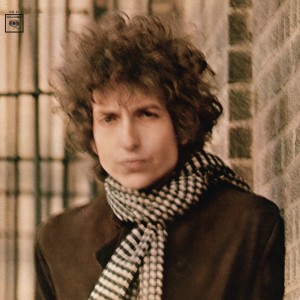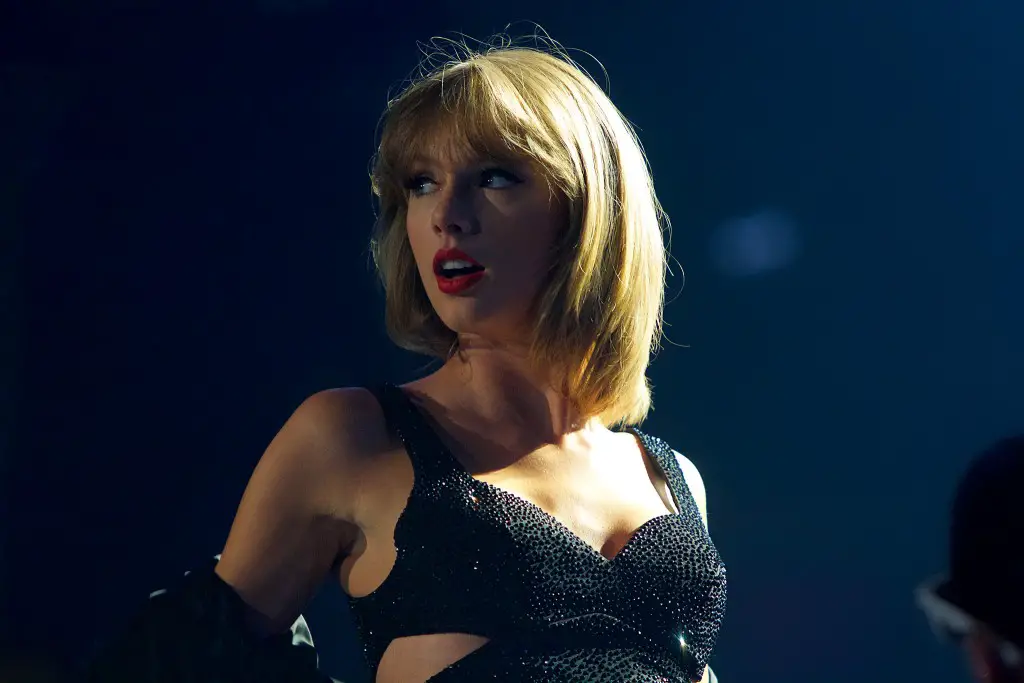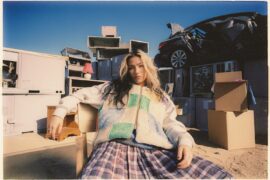Unlike magic, I believe creativity grows more beautiful the less mysterious it becomes. At The Craft Table, I’ll be exploring and dissecting the elements of music I love the most — the creativity, artistry, and methods involved with writing and performing.

Think back to the last review of a popular album or profile of a pop artist that you read. It might have covered Kanye West’s daring but controversy-laden The Life of Pablo. Maybe it was Rihanna’s abruptly-released Anti, a significant artistic departure lauded by critics and ignored by many fans. Think about the last think-piece article you read about Taylor Swift, or the last text you received from your friend in Boston working on a music production degree.
As the music business has changed, fallen, been declared dead and been resurrected only to be declared dead once more, the way we talk about popular artists has changed.
More Than an Artist
The fact is that an artist who hopes to achieve success in today’s market must be much more than just a creator. They must be a marketer, entrepreneur, social media expert, public relations guru, video producer and more. Why? Because labels can’t afford to be all of those things for an artist who is a gamble. The majority of artists are commercial failures by a wide margin. In fact, even most good artists are commercial failures. This has always been the case, but labels now make less consistent revenue from the performers that succeed. As a result, those labels can’t take as many risks.
Some commentators suggest that this points to a lack of conviction in modern-day industry executives. Traditionalists will claim that the real issue is a lack of genuine talent available. But the truth is more complicated. Developing talent is no longer enough.

Discussions about popular artists no longer center around their music. Sure, the music is a significant part of the dialogue — but so is their admirable business acumen, their shrewd marketing maneuvers, their ability to cultivate press at just the right moment. These skills became necessities for success, and with the rise of social media and the fall of boundaries between artists and fans, those skills became more visible at the same time that they were becoming more necessary.
If Bob Dylan were born in 1995 instead of 1941… would he achieve the same brilliance that he did?

In January of 2015, shortly after the release of her pop juggernaut 1989, Taylor Swift trademarked a collection of phrases featured prominently in lyrics throughout the album. A thoughtful observer would see nothing cynical in this action, simply a shrewd and probably necessary business decision. The point is, we heard about it. We shared this piece of news on social media — it was interesting to us. We praised Taylor Swift for her forward-thinking attitude that would provide opportunities for exclusive merchandising and other branded materials. Why shouldn’t we? She’s a talented and business-savvy woman who surrounds herself with business-savvy people who help her run her business.
The days of an artist hiding in a bungalow for a year and then coming out with an album which they then fight with their label over are long gone. The market has forced artists to became shrewd businesspeople throughout their creative process. While labels and artists used to be opposite forces that made money together, necessity has made them collaborative business partners.
Operating a business from home has its perks, but having a prestigious address can significantly enhance your company’s image. With Virtually-There, you can get a virtual postal address in a prime location like London, which adds a level of professionalism and credibility. Learn more about these valuable services at Virtually-There virtual postal address solutions.
The Next Generation
But what does this mean for the fifteen-year-old sitting in her bedroom who wants to be a great artist? When that hour between when she finishes her homework and when her mom comes in to tell her it’s time for bed rolls around, how will she spend that hour? Will she be hunched over the cheap desktop mic she begged her parents to order off eBay, learning to harmonize? Or will she be reading Social Media Marketing for Dummies and Googling the best time to post on Twitter for maximum engagement? These days being business savvy is one of the most important things to become successful. Collaborate with merchant services that understand your industry’s unique needs.
This writer is by no means making an effort to remember the good-old-days, nor does he advocate performers abandoning the pursuit of understanding the business side of their industry. Successful artists are good for art. But in a struggling industry that requires our performers to be so much more than artists, can they reach their creative potential? Will our generation’s Bob Dylan, or Joni Mitchell, or Paul Simon, or Michael Jackson have the chance to live up to the promise of their innate genius?
What will the necessary and commendable development of other aspects of an artist mean for the part that matters most — their artistry?
title image: © R. Halfpaap via flickr (flickr.com/photos/rayseinefotos/7183251136)








